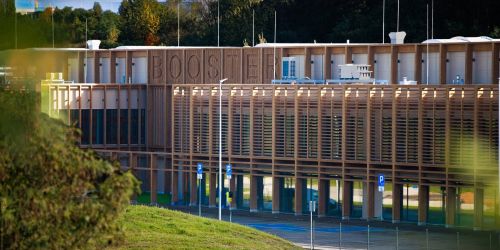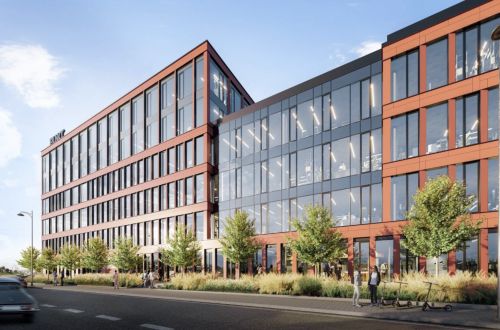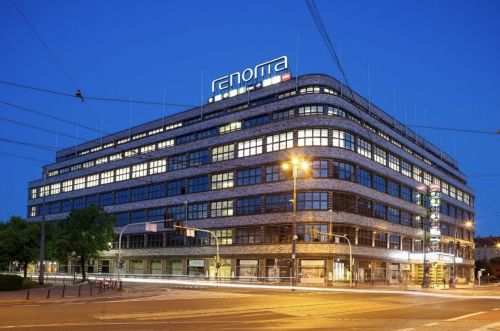The history of this project goes back 10 years to when the tender for the motorway was first announced. After the preliminary design for the road had been drawn up by Transprojekt Gdańsk, the tender was eventually held on 25th August 1997 and won by the Gdańsk Transport Company (GTC) – a special purpose company set up purely for this particular project. It is owned by a consortium in which Skanska ID (then Skanska BOT) has the largest stake, with 30 pct of the shares, British company Laing Roads has a 29.69 pct shareholding, Nederpol Development & Investment of Sopot has 25.31 pct and Intertoll from South Africa owns the remaining 15 pct. What had been won was the concession for the right to design, build, and operate a stretch of motorway running from Rusocin on the Gdańsk ringroad to Toruń. This, however, was only the first step. Nothing could be done until a ‘concession agreement’ had been reached with the Ministry of Transport outlining all the terms and

























































